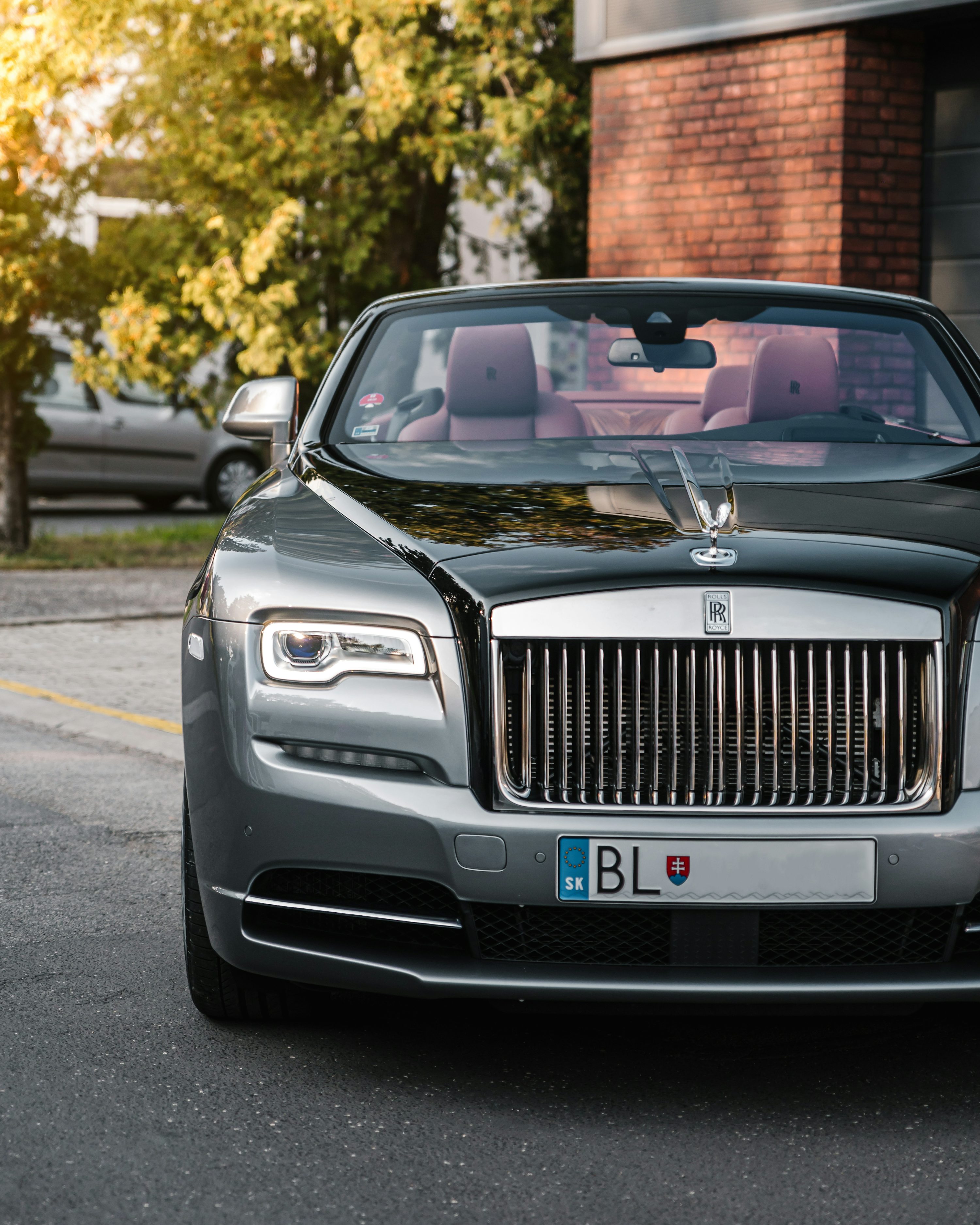The Allure of Luxury Cars: Unraveling Their Impact on Life and Society
Luxury cars embody prestige and status, captivating enthusiasts and everyday consumers alike. This article explores their cultural significance, the technological innovations that define them, and the evolving consumer perception and market dynamics. Understanding the allure of luxury cars offers insights into societal trends and the values reflected in automotive choices. From cutting-edge technology to craftsmanship, the luxury car industry impacts various realms of life, setting standards that evoke aspiration.
The Cultural Significance of Luxury Cars
Luxury cars are not merely vehicles; they represent a lifestyle and social standing. Owning a luxury car often correlates with wealth, success, and exclusivity. Brands like Ferrari, Rolls-Royce, and Bentley have cultivated a rich heritage and a unique identity that resonates across cultures. The cultural significance of these vehicles extends beyond transportation, tapping into aspirations and personal branding. In communities where luxury cars are common, they symbolize peer acceptance, often dictating social circles and lifestyle choices. Furthermore, the craftsmanship and innovations behind luxury cars provide a glimpse into the future of automotive engineering, influencing mainstream market trends. The purchase of a luxury car can often lead to a psychological boost, reinforcing one's self-image and aspirations. Undoubtedly, the cultural allure of luxury cars is a vital aspect that enriches consumer experiences.
Technological Innovations and Luxury Cars
The luxury car industry is at the forefront of automotive technological advancements. From electric powertrains to autonomous driving capabilities, luxury car manufacturers are pioneers in incorporating cutting-edge technology. The integration of artificial intelligence that enhances driver assistance systems is just one of many innovations that elevate the luxury driving experience. Luxury cars often feature state-of-the-art infotainment systems, offering seamless connectivity and personalization. These innovations serve not only to improve safety and efficiency but also to enhance comfort and enjoyment in driving. Moreover, the emphasis on sustainability in luxury car design reflects broader societal shifts toward environmental consciousness. With the launch of hybrid and fully electric luxury cars, manufacturers are setting new industry benchmarks. Thus, the engineering marvels found in luxury cars significantly shape consumer expectations and preferences across all automotive sectors.
The Economics of Luxury Cars
Analyzing the economic impact of luxury cars reveals their substantial contribution to the global automotive market. The luxury car segment has shown resilience, often outperforming the economy segment during financial downturns. This trend reflects the financial proficiencies of affluent consumers, who remain relatively unaffected by economic fluctuations. Additionally, luxury cars tend to appreciate in value over time, offering collectors an alternative investment avenue. The demographic trends show a rise in millennials entering the luxury car market, prompting manufacturers to adjust their marketing strategies. Subsequently, this evolving consumer base is leading to innovations tailored for younger demographics, such as enhanced digital connectivity and eco-friendly models. Consequently, the economics surrounding luxury cars underscore their vital role in shaping the overall automotive landscape.
User Experience in the Luxury Car Market
User experience is paramount in the luxury car market, where attention to detail differentiates brands. Every aspect, from purchasing to ongoing service, is meticulously crafted to ensure customer satisfaction. The buying experience often involves personalized consultations, exclusive events, and tailored financing options that cater to individual preferences. Once purchased, luxury car ownership immerses drivers in a world of bespoke services, including premium warranties and attentive customer support. The interior aesthetics, superior sound systems, and ergonomic designs create an unparalleled driving experience that regular cars cannot replicate. Moreover, brand loyalty is significantly influenced by these experiences; satisfied customers are likely to return for future purchases or upgrades. The luxurious atmosphere surrounding the entire ownership experience contributes to the profound allure of luxury cars.
Environmental Impact and the Future of Luxury Cars
As societal values shift toward sustainability, the luxury car market is responding with innovative eco-friendly designs. Manufacturers are increasingly prioritizing the reduction of their environmental footprint, developing electric and hybrid models. Brands are also exploring sustainable materials and manufacturing processes that minimize waste, aligning with consumer preferences for environmentally responsible products. Furthermore, there's a growing emphasis on the longevity and durability of these luxury vehicles, ensuring that they remain not only a status symbol but also an environmentally conscientious choice. This strategic pivot towards sustainability not only enhances the reputation of luxury car brands but also reflects the changing landscape of consumer values. As a result, the future of luxury cars may well depend on their ability to adapt and incorporate sustainable practices.
The Global Influence of Luxury Cars
Luxury cars play a crucial role in the global automotive landscape, influencing trends and standards across different markets. Their presence is often associated with economic prowess and innovation within a country, impacting local automotive practices. The expansion of luxury car manufacturers into emerging markets demonstrates their adaptability to various cultural contexts. As luxury cars symbolize aspirations, they inspire local industries to elevate their standards in terms of quality and design. Moreover, the globalization of the luxury car industry has led to new collaborations and partnerships, enhancing cross-border trade and investment. Understanding their global influence allows stakeholders to better navigate the evolving landscape of consumer preferences and market dynamics. Thus, luxury cars extend their impact beyond mere transportation, creating interconnections that enrich global commerce.
